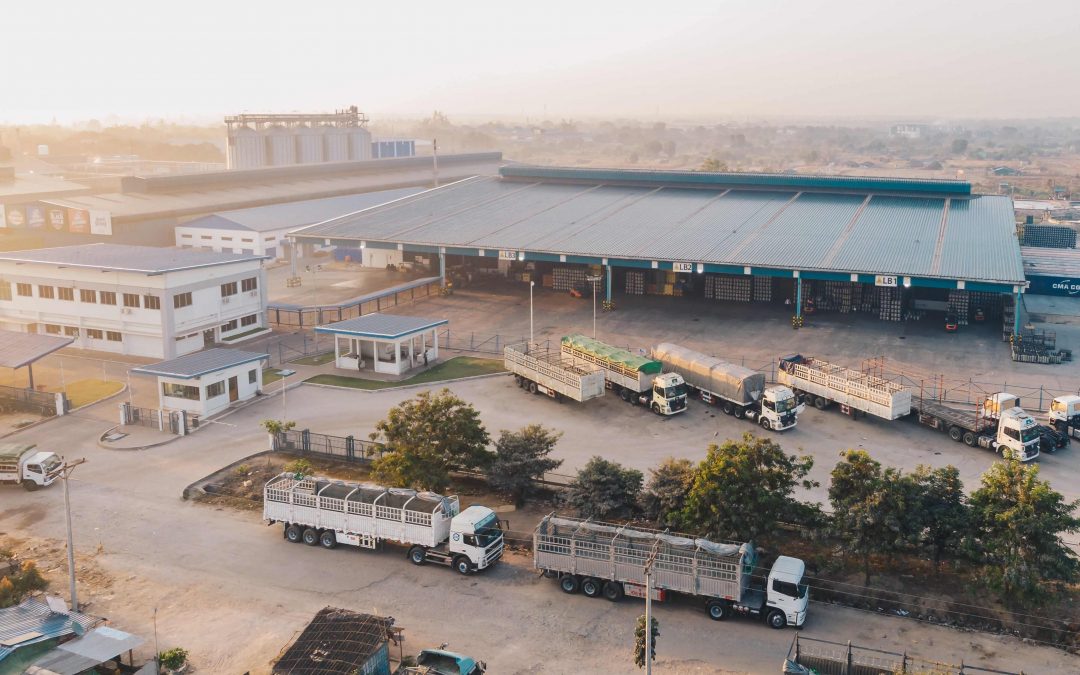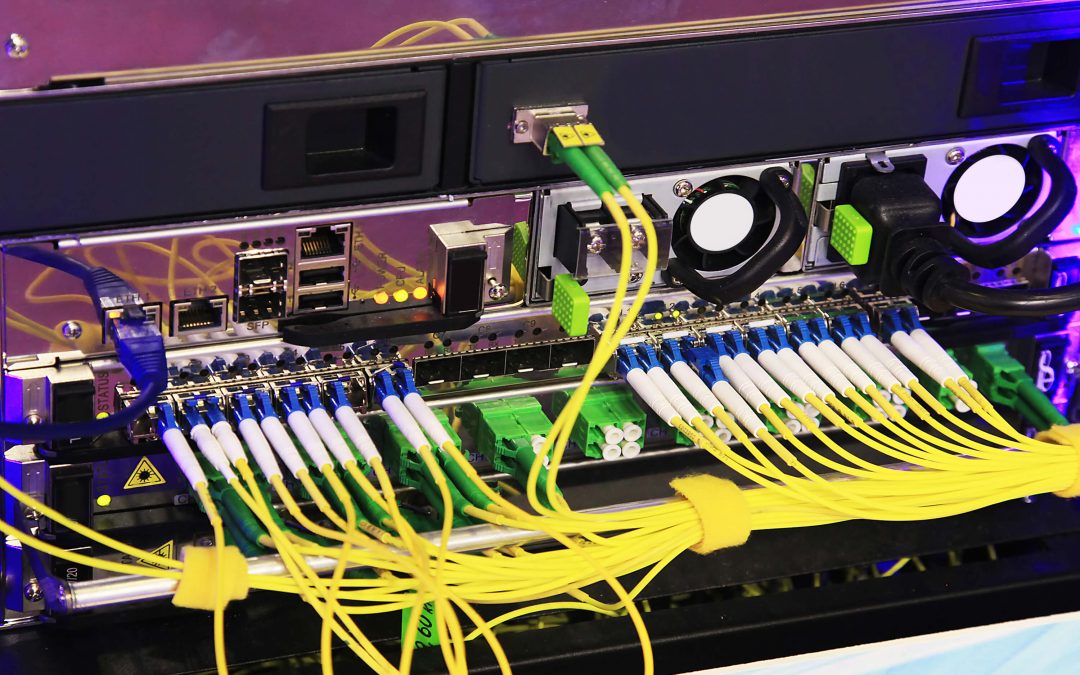
by simona | January 25, 2021 | International Telematics engineering degree
Fleet management means to manage all fleet and asset information, from acquisition through to disposal. This enables companies to reduce costs, improve efficiency and ensure compliance across an entire fleet operation. Today we will be discussing the challenges fleet managers face.
Vehicle aquisition
Evaluating changes to vehicle legislation, determining purpose and suitability of vehicles, negotiating deals with vehicle manufacturers all sit with fleet managers. When selecting the right fleet vehicles the fleet manager should consider fuel consumption, tax and insurance costs in addition to employee expectations. Add to this a consideration towards end of life and vehicle resell value and it soon becomes clear why the role can be such a challenge.
Fuel management
Probably one of the biggest cost-saving challenges for a fleet manager is the ever-increasing rise in fuel costs. For example, fluctuations in market price and the external factors that influence prices are beyond the control of a fleet manager. But there are options to help reduce fuel consumption and costs. In detail, feet managers can carry out a cost-benefit analysis of fuel options. This will help determine the most suitable for the vehicles in their charge.
Vehicle maintenance
The fleet manager can oversee the maintenance programme of vehicles. It can also be outsourced depending on the size of the cost-benefit analysis. Moreover, fleet manager responsibility is to ensure that everything complies with legislation. Specifically, this includes driver daily walk round checks, pre-purchase vehicle inspections, regular maintenance checks. Lastly, the fleet manager ensures that reported defects have been rectified.
Health and safety
Should the unfortunate occur and a driver has an accident, the responsibility of the fleet manager is to ensure that this is actioned accordingly. Robust reporting procedures need to be in place to enable drivers to deal with an accident. This means following insurance reporting procedures correctly so that claims can be handled quickly and efficiently.
Meeting compliance requirements
Daily checks, inspection sheets, driver checks, defect, reporting, insurance…the list goes on. Compliance and fleet risk management is an essential part of the role. All aspects need to be carried out and documented. This ensures that a full trail of information is available for each vehicle. This is later used for both auditing purposes and in the event of an accident should a claim or investigation need to be made.
Controlling costs
Controlling and reducing costs is always a priority for any business and fleet management is no exception. Fleet managers are required to analyse the relevant information about their fleet and realise the areas that can be improved. This can include reducing vehicle purchase costs, reviewing fuel consumption and analysing driver behaviour – achieving more for less.
Avoiding information overload
Fleets generate a lot of data that a fleet manager can review, some of which may be useful but a lot of it probably not so. Trawling through such vast amounts of information is time consuming and runs the risk of missing important, relevant information. Updating such information has administrative time and money implications too. Fleet management software can help sort through the unnecessary information and generate reports on only the areas that you need or having the information but not knowing what to do with it or analysing it correctly.
Expanding role of the fleet manager
The role of technology is evolving apace which will lead to expansion of a fleet manager’s role too. Mobility management, asset management and the level of responsibility for measuring and controlling the environmental impact of a business will begin to fall under the remit of the fleet manager. Incorporating fleet management software will become paramount in helping to deliver this.
Thanks for taking the time to read our blog post on the challenges fleet managers face. If you want to know more about our Telematics engineering study programme, our counsellor is here to provide you with more information.

by simona | September 24, 2020 | International Telematics engineering degree
You are probably familiar with the average GPS device and you have a rough idea about how it works. GPS is used as part of a telematics solution. So what exactly is GPS and what is its connection to telematics?
At the heart of a telematics system is a vehicle tracking device with a built-in GPS receiver. In detail, the GPS receiver collects real-time data about the current location and status of the vehicle. Furthermore, a telematics solution takes that GPS tracking data and sends it via the cellular network to central computers. Finally, the data can be processed and converted into usable information visible in fleet management software.
Benefits of GPS tracking
GPS tracking data can give a precise view of where your vehicles are at any given time. Additionally, it can help identify driver behaviours like speeding, harsh braking and acceleration and excessive idling, all which can impact vehicle maintenance and running costs. Moreover, geofencing and alerts about unauthorised truck movements that are made possible with GPS trackers can help improve fleet safety.
The power of GPS
However, what makes GPS tracking even more powerful is the additional engine data that telematics systems can collect. This data includes fuel consumption, odometer readings, engine diagnostic trouble codes. In fact, just about any vehicle metric can be monitored by connecting the right vehicle tracking unit to the vehicle’s electronics.
Telematics highlights the potential of GPS and how it can be used to streamline business operations, particularly in modern fleets.
Thanks for taking the time to read our blog post on GPS and its connection to telematics. If you want to know more about our Telematics engineering study programme, our counsellor is here to provide you with more information.

by simona | May 6, 2020 | International Telematics engineering degree
Vehicle Tracking Systems have become a standard feature in the modern world. These systems utilise GPS to keep track of the location of each vehicle in a fleet. Other methods of vehicle tracking include lower distance travel. One example is if the tracked vehicle stays on one site. The data gathered is then processed by the software for a variety of purposes.
Vehicle Tracking Systems consist of three components. These include the user interface used by the fleet manager, the back-end server which receives, stores and processes data and the individual tracking devices located in each vehicle. The system can track speed, acceleration, braking, fuel tank levels, tire pressure and any other data that the vehicle records. This is then transmitted by the device to the tracking system server. The tracking system server processes the data it received from the fleets. It analyses it based on prior instructions or instructions coming in real-time from the user interface. The user interface is the software that the fleet controller sees.
Commercial fleets
The most common use of vehicle tracking systems is in commercial fleet management. These systems were initially used by haulage companies to gain an advantage over their competitors. They are now common in in-house commercial fleets. The systems can promote fuel efficiency and route completion times by automatically adjusting vehicle routes based on data from not just current location but also third party data on traffic conditions, as well as factors such as driver break requirements.
Public transit
Buses run by public transit authorities, or in some countries such as the UK by commercial fleets regulated by city councils, often use vehicle tracking systems to provide expected arrival times to customers. These systems can also allow fleet controllers to instruct drivers to wait to space out services and to divert routes when there is heavy traffic, accidents or road closures.
Salesforce
Company salesforce employees and agents can also benefit from the use of vehicle tracking systems. These are used in conjunction with satellite navigation systems to help find locations in unfamiliar regions. They can also be used to automatically adjust schedules and ternaries based on completed visits in a manner that ensures fuel efficiency and lessens the driving time between destinations.
Theft prevention
Vehicle tracking systems are used by both fleets and individual private customers in the prevention of vehicle theft. Tracked vehicles that have been reported stolen can be tracked to their current location unless the device is removed. Even in cases where the information has been removed, the information can still be retrieved prior to removal and can be used to track down thieves when combined with CCTV footage on route.
Do you want to know more about our Telematics engineering study programme? Talk to our counsellor to get more information.

by simona | March 14, 2019 | International Telematics engineering degree
A career in telematics engineering offers diversity, scope for creativity, a dynamic environment and much more. Telematics is an interdisciplinary field that encompasses telecommunications, vehicular technologies, electrical engineering and computer science. Hence our Master in Telematics Engineering offers advanced education about the last technological advances. In this blog post we’ll be focusing on the career benefits in Telematics engineering.
High-demand job
Telematics engineering is aggressively growing. Therefore, in today’s times opportunities are galore for a telematics professional. Moreover, this trend will only rise with the ever growing demands of the consumers. A telematics engineer can work for some of the following companies:
- Telecom equipment manufacturers like Samsung, Nokia, etc.
- Telecom network providers like Vodafone, Airtel, etc.
- Banks and Financial institutions
- Research laboratories across the globe
- System integrator companies such as Accenture, IBM, Wipro, etc.
Problem-solving abilities
A telematics engineer usually has complete responsibility of constructing a telecommunication system or device. Eventually, spending some time in this field, you’ll learn how to draft plans, design and configure such devices. You’ll also compile engineering project proposals to define goals, identify scope, background and estimated costs. Another thing to mentions is that analytical and problem solving skills are an added advantage. So as you grow in this profession, identifying and analyzing problems will become one of your most significant traits.
Interpersonal and communication skills
Many engineering positions include the ability to serve as liaison between different business segments or even with customers. In addition, many telematics engineer positions include being a point of contact. Specifically, tthis occurs at level 3/tier 3 escalating for troubleshooting in customer care. Therefore, you will boost your interpersonal and communication skills.
Higher salary
As mentioned earlier, being a telematics engineer is a high-demand job. Having a Master’s degree in Telematics Engineering comes with a higher average salary.
Effective documentation skills
As networks are designed and deployed, employers want engineers who can clearly and accurately document everything. In particular, architectures, functionality, and other details of telematics infrastructure and software. All in order to maintain good information for maintenance, troubleshooting, and future upgrades. In detail, this requires ISO standardized documentation. As a result, many employers seek people who are proficient-to-excellent in their ability to use Microsoft Office applications.
Telematics helps increase productivity, reduce labor costs, control fuel costs. It also helps increase fleet safety and security, reduce operating expenses, and reduce unauthorized vehicle use. Because of these reasons, telematics engineering is important in the world today. Do you want to know more about our Telematics engineering study programme and career benefits? Talk to our counsellor to get more information.





Recent Comments